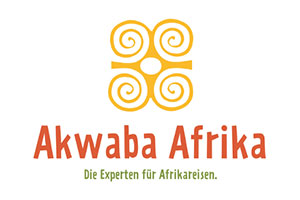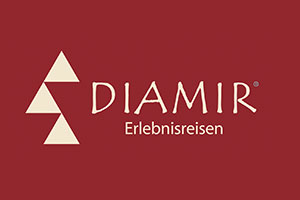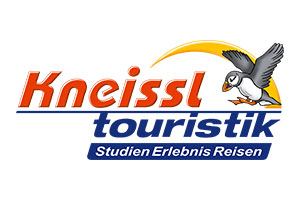Algeria
Travel tips for algeria
Top 5 Experiences
Algeria’s has a rich Tapestry from Saharan Sands to Mediterranean Shores. Highlights include:

Sahara
Algeria is home to a sizable section of the Sahara Desert, which presents amazing chances for desert adventure. Take a camel ride or visit the Grand Erg Occidental’s breathtaking sand dunes to appreciate the desert’s immense splendour.

Algiers
The dynamic metropolis seamlessly blends modernism with heritage. The UNESCO World Heritage site Casbah, Bardo National Museum, and the Corniche, offering views of the Mediterranean shoreline, are notable attractions.

Roman Ruins
Explore Timgad’s historic Roman ruins, often dubbed the „Pompeii of North Africa.“ This meticulously preserved archaeological site offers insight into the region’s Roman history.

Tassili n’Ajjer National Park
The UNESCO World Heritage site Tassili n’Ajjer National Park is renowned for its jaw-dropping scenery, which includes rock formations, canyons, and ancient cave paintings.

Ghardaia
As one of the five historic oasis towns in the M’zab Valley, Ghardaia exudes charm. Experience the Mozabite culture, wander through the distinctive architecture of the old town, and appreciate the serene oasis surroundings.
Tourist infrastructure
Algeria’s tourism infrastructure is less developed outside of major cities in the northern regions. When planning flights with Air Algérie, it’s important to note that reconfirmation of bookings is often required, and failure to do so may result in transport issues. Occasional flight delays can lead to missed connecting flights with tight layover times.
The condition of roads in Algeria is generally good; however, it’s crucial to be aware that many areas may only be traveled by foreigners in the company of a police escort.
Tourism Accommodation in Algeria:
Accommodation options in Algeria vary, with a range of hotels available, especially in major cities. Visitors can find both upscale and budget-friendly hotels, though it’s advisable to make reservations in advance, particularly during peak tourist seasons. Algeria’s tourism infrastructure is gradually expanding to cater to travelers, but it’s essential to plan your stay and be prepared for certain logistical and security considerations when exploring the country.
Climate and travel season
The northern regions of Algeria are located in a seismically active zone, making the occasional occurrence of earthquakes a possibility. Along the coast, a Mediterranean climate prevails, while the inland areas are characterized by a desert climate. It’s important to note that during the summer months, Algeria faces a heightened risk of forest fires due to the prevailing weather conditions.
Visa and entry
German citizens require a visa for entry into Algeria, which should be applied for in person at the Algerian Embassy in Berlin or the Algerian Consulate General in Frankfurt. It is recommended to submit the application at least four weeks before the intended travel date. Application forms are available at the Algerian Embassy in Berlin or the Algerian Consulate General in Frankfurt.
Stories
International Hotel Chains Are Driving the Hotel Boom in Africa
Frankfurt, 03 April 2024 - The "Big 5" of global hotel chains - Accor, Hilton, IHG, Marriott International and Radisson ...
Internationale Hotelketten treiben den Hotelboom in Afrika voran
ReThinking Africa Initiative setzt sich für Investitionen in Afrikas Tourismuswirtschaft ein Frankfurt, 03. April 2024. Die „Big 5“ der globalen Hotelketten ...
Voice4Africa x ReThinking Africa News March
KLEBER Group x ReThinking Africa News March 2024 Content Foreword Investment in Africa's tourism industry as a driver for sustainable ...
Our partners in Algeria
Impressions from Algeria
(Click to enlarge)
Visa, Entry, and Updates
Current accessibility
Corona precautionary measures
Status: 03.03.2022



















